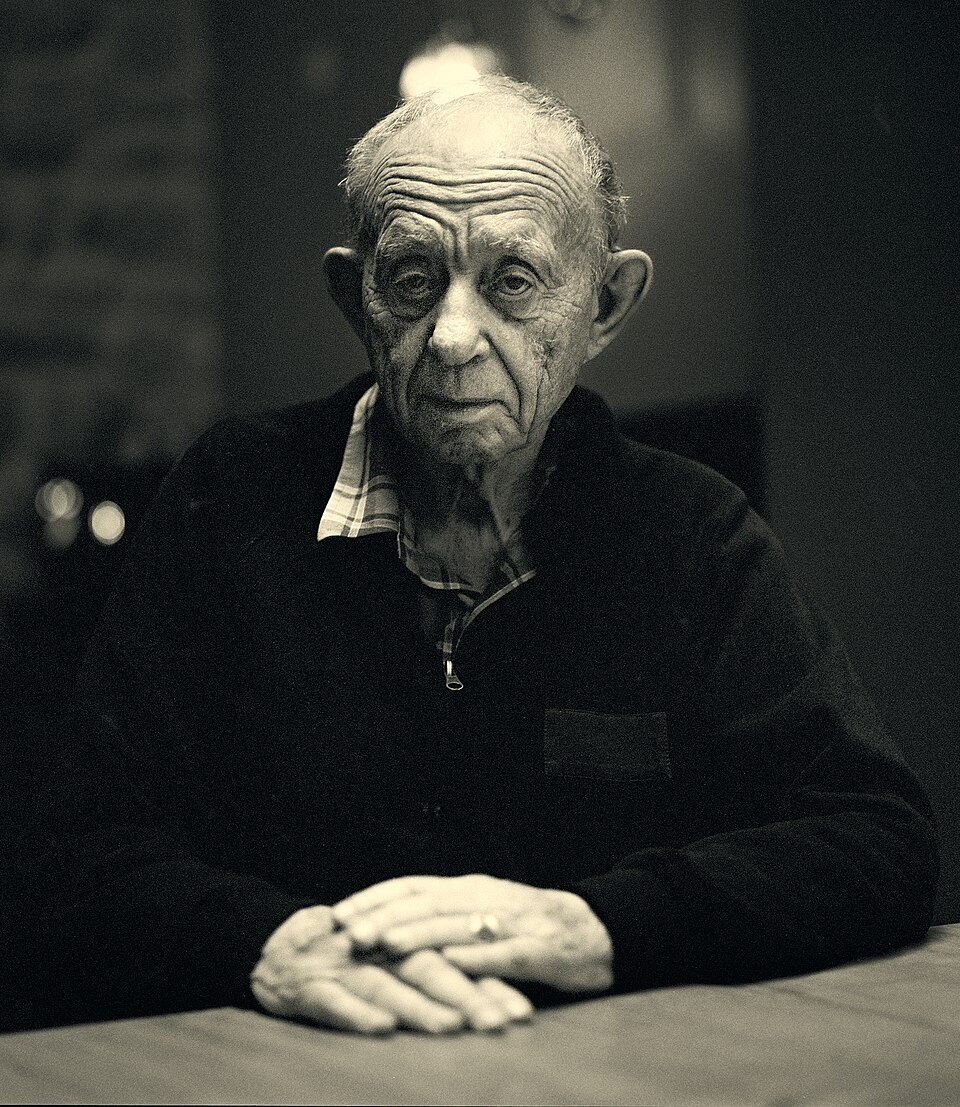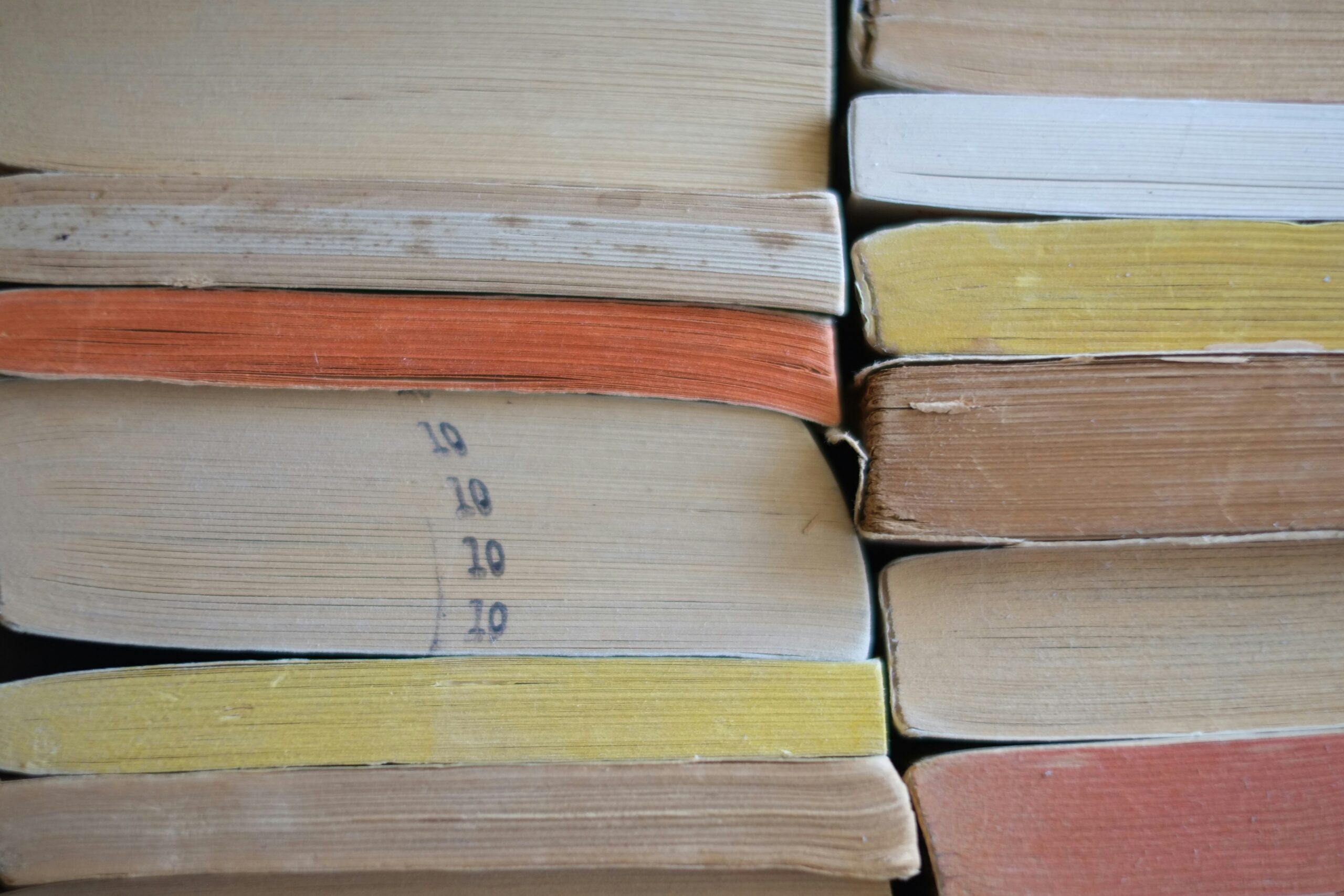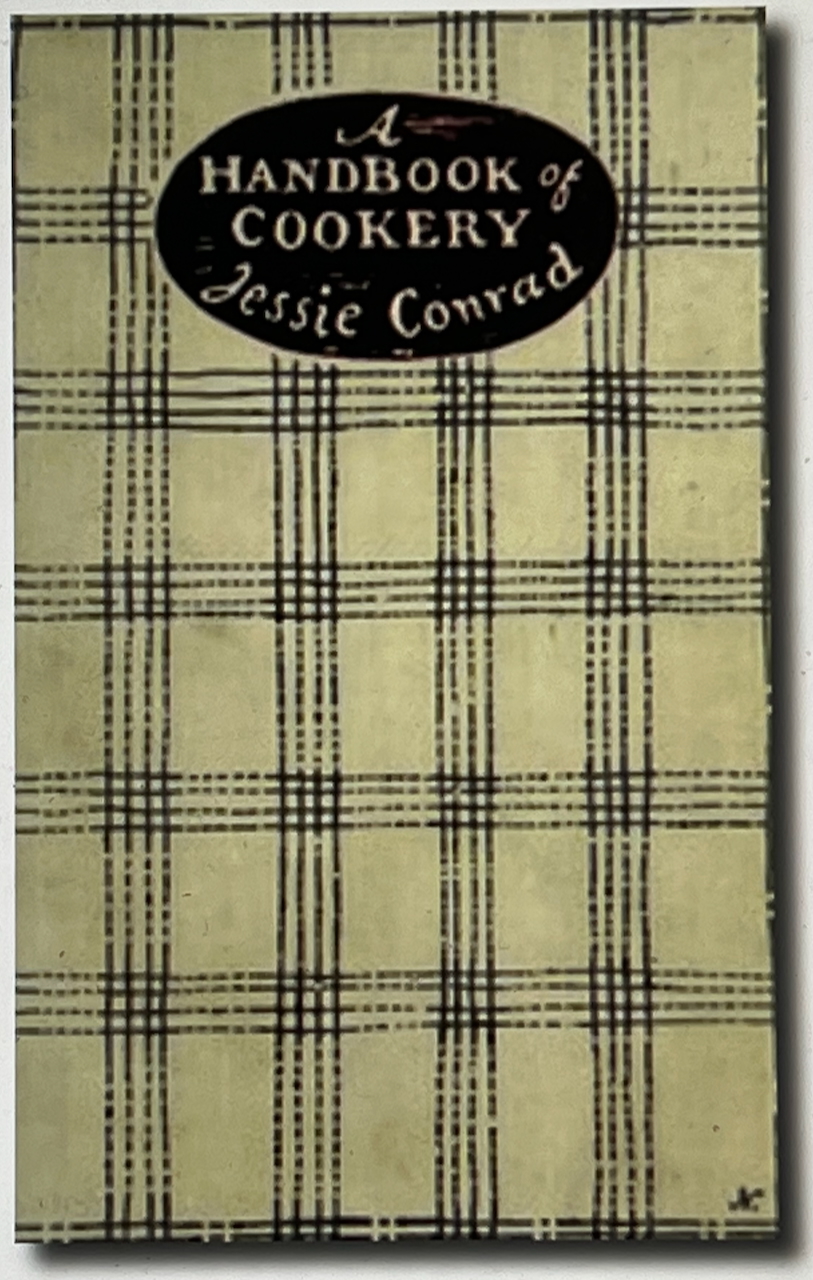The Guilty Pleasures of Emily in Paris
October 2, 2024

Friends give me tiny Eiffel towers, and my husband knows he is safe if he buys me any object, garment, wine, or pastry said to be French. I have always been drawn to French culture, by which I of course mean French literature, art, music, and philosophy—but mainly, because I am a shallow American, French food, perfume, couture, and lifestyle.
And so, as a shallow American who romanticizes French culture, I was the perfect target for Emily in Paris. People kept telling me about the show, saying I would love the clothes, the gorgeous Parisian setting, the familiar marketing and social media themes….
I refused to watch. Critics had panned Emily as frothy, vapid, ridden with clichés. I staged a private boycott, reluctant to see Paris (my Paris, the snow-globe miniature inside my head) trashed by idiocy.
Years passed.
This August, The Week announced the fourth season, noting that audience response was so strong, the show just could not be canceled, critics be damned.
This did stir a grudging admiration. And a day later, a smart, young, male friend (not the usual recommendation source) emailed to say he thought I would like this show called Emily in Paris. My choice was clear: be insulted at the very notion, or cave.
I watched the first season, rolled my eyes, sighed, and watched the second season. I slid into the third without hesitation. By the time I started the fourth season, I had fallen, as indiscriminately as Emily, in love.
But not for the advertised reasons.
Emily’s clothes are too costumey for my taste; I would prefer the wardrobe from Queen’s Gambit, if anyone is offering. Emily’s Paris is too perfect, with moonlit bridge scenes overlooking the Seine but none of the grit of the tenth arondissement or the spunk of the garbage-collector strikes. Hearing French spoken well is lovely, but Emily should know more of it by now. This lag is precisely the spoiled, blithe attitude that initially dismayed me. Though I loathe the writing convention that insists on torturing the main character, in this case, Emily had to suffer.
Once her sweet little heart was smashed into smithereens, the camera could pan out to other, more interesting characters (the show really is well acted, and much of the dialogue is clever, if not cerebral). Now that my annoyance had melted away, I could even like Emily. She is not the brightest sparkler in the parade—one critic remarked that she had the education of a golden retriever—but she is resilient. In catastrophes, her eyes widen, but she does not sink into self-pity. She tilts her head and offers a new, better idea.
Often these ideas are either overelaborate or oversimple, and I do worry about her career future. But I love her refusal to be cast down, rejected, ignored, or foiled. After all the reports of rising anxiety, loneliness, and suicide among young people, I clutched every time something went wrong for her, then exhaled in relief. Emily has a bubble-bath version of grit, and it is both delightful and reassuring to watch. The next time I feel left-footed, embittered, or thwarted, I will Instagram something clever and wait for a creative epiphany.
Somehow I think that sort of playfulness would be easier to achieve if I lived in a city where bosses insisted on a long, relaxed, savored lunch and refused to talk business after hours. A city where people were comfortable with their bodies, cultivated their own sense of style instead of buying what they were told, and were willing to make gloriously messy mistakes for adventure’s sake, rather than play it safe. The show’s pointed French-American contrasts made me wince not because they were clichés but because so many of them rang true. The rah-rah, conformist, profit-hungry corporate style in the U.S. might be a stereotype, but I have lived inside that stereotype. I prefer the French disdain for bland conformity, fitness fads, easy clicks, and unrefined greed.
Still, what I really fell in love with was the youth of Emily and her friends. Like Sylvie, her fiftysomething boss, I watched their antics with nostalgia, wry amusement, exasperation, and hard-swallowed envy. Not that I would want to be young again. But the show brought back all the energy, drama, angst, excitement, and wide-open possibility that marked my twenties. My friends and I were so close then, entangled in one another’s lives, offering constant support. Watching Emily, I miss that intensity. Today’s crises are illnesses, divorces, downsizings. It is no fun (and pointless) to stay up all night together trying to solve them. We need one another more than ever, but not in that fresh, distractible even from misery and always ready for fun way. We are settled, mired in our own lives, routines, and preferences.
That burst of young, confused joie de vivre was the escape Emily in Paris offered me. But an uneasy question lingered: what did the French think of this show?
Well, you know the sweet little bakery where she and her friends buy croissants? Its window was spray-painted “Emily Not Welcome.” Parisians called the Emily-seeking tourism “invasion of the imbeciles.” Radio host Laurence Boccolini said (in an obviously lousy online translation), “I have not had mirthless laughters like this since the scene in which Carrie Bradshaw in beret and heels walks in a dog poop.” Which makes sense, he concedes, since Emily director Darren Star also created Sex and the City. After complaining of all the stereotypes of the French (lazy, snide, unclean, and obsessed with amour), Boccolini said, “Bravo Netflix FR and bravo to the director to have put more grotesque clichés on the French and the Parisians than KK on his personal Insta.”
This is fair. The clichés flow like the oft-mentioned Champagne. But all these indignant, cerebral responses from the French also suit the stereotype. One commenter was weary of the trope that Frenchmen are always trying to flirt—but then pointed out that the show’s loutish depictions lacked finesse and subtlety. The French attention to nuance and double-entendre is also a cliché, non?
That, however, is a cliché they like to claim. Like intellectual depth, artistic refinement, and the coffee snobbery that makes the same commenter say, “It’s rather peculiar that Emily chooses to take Starbucks when she’s in goddamn Paris.”
French perfumer Francis Kurkdjian was the inspiration for one episode. In a recent New Yorker profile, without any reference to Emily, he summed up the distinctions the show tries to make, often clumsily, between French and American attitudes toward work, love, marketing, the internet, and life. “In France,” Kurkdjian remarks, “perfumers are allowed to have what we call fulgurance, or lightning flashes of inspiration. But in the mid-nineties, in the U.S., you got a bunch of marketing briefs, where you were told something like ‘So, there is a high-income Wasp living in Baltimore, driving this type of car and playing tennis, and can you create the perfume of that?’”
Three decades later, we do no better. I watched all those glamorous promotional events that American Emily staged with sheer relief that I will never have to go to one again. But many of our most creative, mentally agile young people are as swept up as she is—and there is an opportunity cost. Emily could easily outstrip a golden retriever, if she were not so busy taking aren’t-I-cute, look-how-much-fun-I’m-having selfies that will make teenage girls hate their lives.
Even fluff can cut to the quick. And how can I know all this and still look forward to Season Five? Glamour, beauty, romance, drama, laughter, resilience, Champagne—these are persuasive props, even in late middle age, and even in jaded Paris. Le Monde’s critic felt justifiably queasy after Season One, “as if I had eaten all the macaroons in the box by myself.” But four years later, the critics have quieted, and the people have spoken. After Season Four hit Netflix last month, guess what shot to the top of France’s most-watched list?
Read more by Jeannette Cooperman here.





